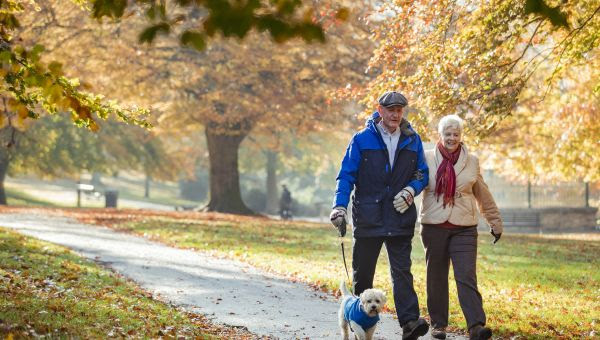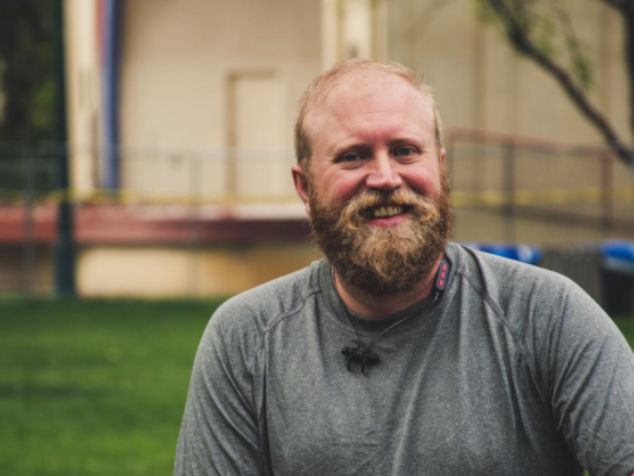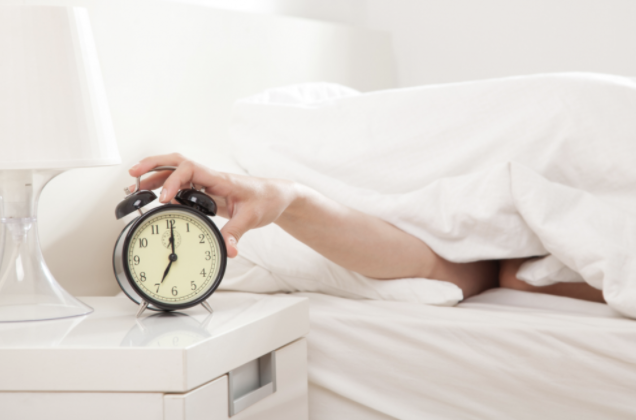Getting started with exercise.
You only have to take it regularly, not seriously.
| Being regularly active is important for everybody at all stages of life. When we are kids we generally develop active habits, develop our body and learn skills. As young we grow and become young adults, exercise is often in the form of sport, mastery and wellness. In older adults, exercise is important for functional ability and mitigating health risks as well as social interaction.  What happens we can expect when we exercise regularly? There are many benefits of exercise and some of the more commonly experienced benefits include: Feeling better with more energy, improved sleep and added fun in your day Enjoying better health through controlled weight, blood pressure and cholesterol as well as lower risk of problems including heart disease, diabetes, some cancers, injury, stroke and osteoporosis Having a healthier state of mind with lower stress, better concentration and greater self confidence  How much exercise is enough? Medical experts recommend at least 30 minutes of moderate physical activity most days of the week. Moderate means that you would describe the intensity of your exercise as somewhat hard, where you huff and puff but are not exhausted. The simple way to check is the talk test. If you can talk while you exercise but cannot sing (as you are huffing and puffing) then you are working at the intended intensity.  |
| What should I do? Examples of moderate intensity exercise include walking, swimming, cycling, dancing and other activities that increase your heart rate and breathing. Being consistent is key so having a variety of options that are appealing and easy to include in your daily life is essential. Even periods of activity as brief as 10 minutes can be beneficial when these add up to 30 minutes on most days of the week. This makes it much easier for you to make physical activity a regular part of your lifestyle.  3 tips to help you get started 1. Choose the right time Consider the times of the day that suit you best – mornings, midday, evenings? making small changes to your daily routine such as going for a short walk at lunchtime or off the bus a stop earlier can make it easier for you stay active.  2. Find the activity that suits you Being more active can be simply a matter of spending more time on things you already do – like gardening or taking the dog for a walk. Alternatively try different things but remember the emphasis is on moderate activity. Some options to get you inspired include: join a bushwalking club, walk with a friend for half an hour before going for coffee, choose active leisure activities such as dancing, aqua aerobics or yoga, enjoy active play with the kids or grandkids. Many people find it easier to be active when they exercise with family or friends. Participating in an activity you enjoy will help you stay consistently active.  3. Set a goal and work towards it Short term goals are a great starting point towards being more active. This can be setting a goal of going for a walk three times a week. Even if you only walk for 10 minutes at a time, you have met your goal. Next week you might aim to walk for 15 minutes each time. Realistic goals are vital and enable you to build up slowly. Keep in mind that this is a long term habit and you can take your time in building up endurance and frequency so long as you can maintain consistency in what you can do. Reward yourself when you have achieved one of your goals, you may feel that a reward is deserved. If this is the case, treat yourself to something that you enjoy such as booking in a massage, a magazine to read as you take some time to yourself or simply a long warm bath.  Be active safely Start out slowly Allow your body to warm up when you commence exercise and do some basic stretching before and after you exercise. Slowly build your sessions up over weeks, not days to avoid muscle soreness and injury. Wear comfortable clothes Wear loose clothes and supportive shoes to make your activity safer and more enjoyable. Wear a hat and sunscreen when out in the sun and try to ensure that you exercise at an appropriate time of the day (not in the middle of the day during the peak of summer). Drink enough water Ensure you drink adequate amounts of water before and after your activity to stay hydrated.  Dealing with setbacks Once you start being regularly active, you may find something comes up that breaks your routine. That is OK but requires getting back on track as soon as you can. When facing setbacks, it might help to do the following: review the times that you are being active. Are they practical? Try a new activity if you are battling boredom, set some new short term goals. If your routine has been broken, use breaks like holidays to be active in different ways. Remember that activity can help to beat the barriers of tiredness and stress, or find a friend with similar interests! |
Exercise Physiologists undertand the important role of exercise in managing mental health. The key is to maintain consistency of exercise by creating a plan that is achievable, appealing and effective.
